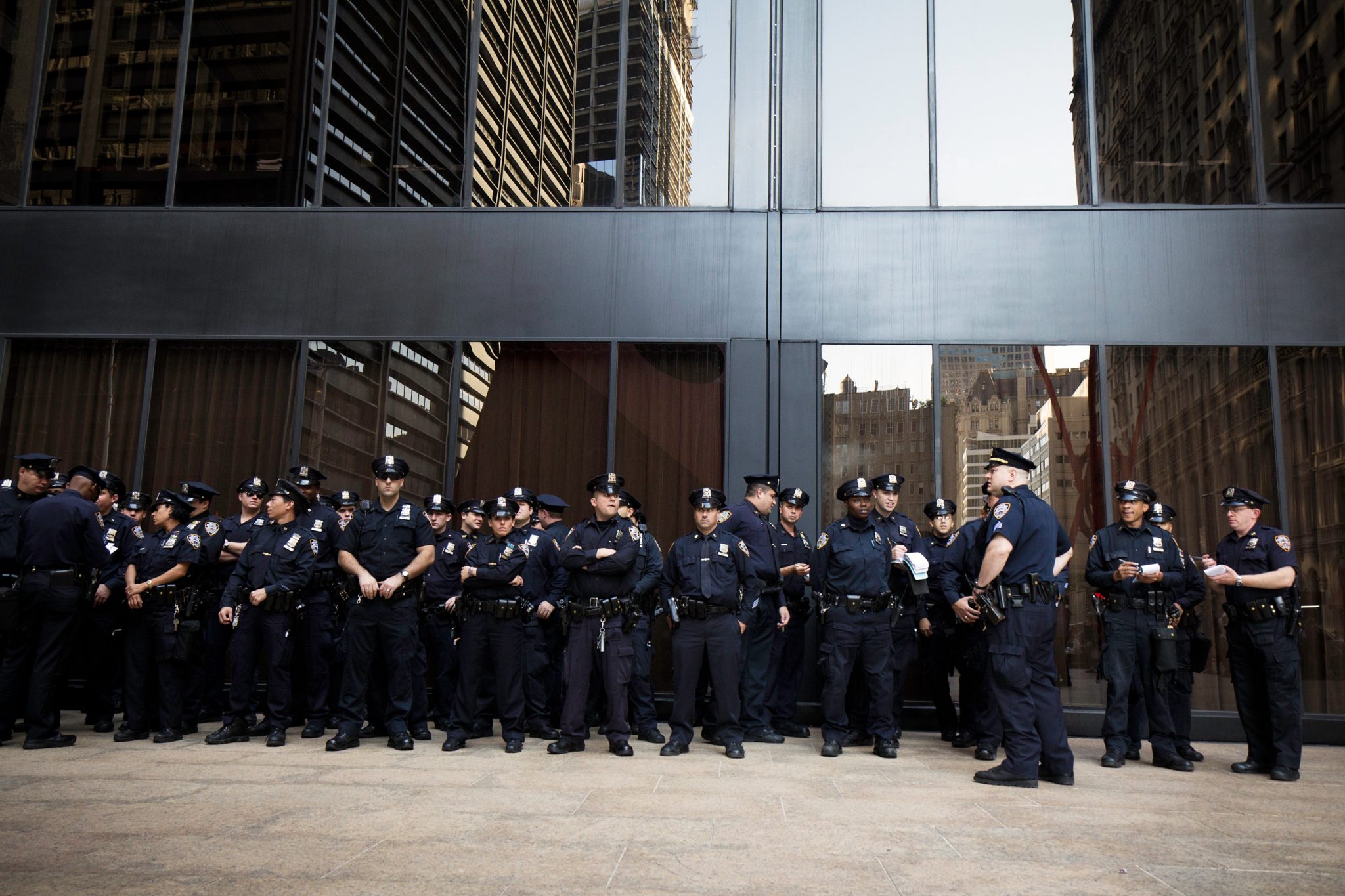
Everything You Need to Know About Disorderly Conduct in PA
While most disorderly conduct charges are considered a summary offense (or the most minor type of criminal offense in Pennsylvania) it doesn’t make facing the penalty any less scary. If you or someone you know has been charged with disorderly conduct in PA, here’s everything you need to know to handle your situation and minimize the resulting consequences.
What Does Disorderly Conduct Mean?
Disorderly conduct is a criminal charge that doesn’t pertain to any one action in particular, but instead, a variety of actions that could be described as “unruly.” This means intentionally and/or recklessly causing a risk of public inconvenience, annoyance or alarm. And while Pennsylvania’s disorderly conduct law is not designed to punish just any action that causes irritation or annoyance to others, it is meant to protect the peace and civility of the community by covering a wide range of threatening or tumultuous behaviors.
Some of these behaviors and actions include:
- Violating noise ordinances
- Loitering
- Engaging in fighting or violent conduct
- Disturbing the peace
- Public drunkenness
- Obscene language or gestures
- Creating a physically hazardous condition that serves no licit purpose
Penalties for Disorderly Conduct
As a summary offense, a disorderly conduct sentence may include up to 90 days in jail, as well as a fee of up to $300. In most cases, a guilty individual will simply receive a citation or small fine. However, if the Commonwealth can prove that the defendant had the intent to cause substantial harm or serious inconvenience to the public, then it may be punishable as a misdemeanor of the third degree. These cases typically involve alcohol or public drunkenness, the serious harm or injury to another person or major property damage. As a misdemeanor charge, the individual may be looking at a maximum of 1 year in jail and/or a $2,500 fine.
How to Fight Disorderly Conduct Charge
Since disorderly conduct law is so broad and can be interpreted quite differently, it’s important to take immediate action to develop the right strategy to minimize your sentence. The Commonwealth of Pennsylvania is required to prove every single element of the statute, so a typical strategy is to challenge the evidence which supports how these specific elements individually. For example, describing the “intent” or classifying the “substantial” and “serious” inconvenience. Another approach is disputing the “public” aspect of the crime. Considering the term “public” applies to a place in which a substantial group has access, there may be a chance for acquittal if this cannot specifically be supported.
Other possible defenses may include:
- Lack of intent
- Lack of knowledge that the individual was causing unfavorable conditions
- Self-defense against another’s threatening or violent actions
- Age (minor vs. adult)
- Intoxication
- Provocation for the conduct
Disorderly conduct charges are primarily at the judge’s discretion, which is why additional aspects of the crime, such as being a first-time offense or even the location where the conduct occurred could be crucial to help reduce your charges if presented properly.
If you’re looking for an experienced criminal defense attorney who understands the necessary steps to negotiating an alternative resolution for the reduction or dismissal of your disorderly conduct charge, contact the Bill Brennan Law offices today.




